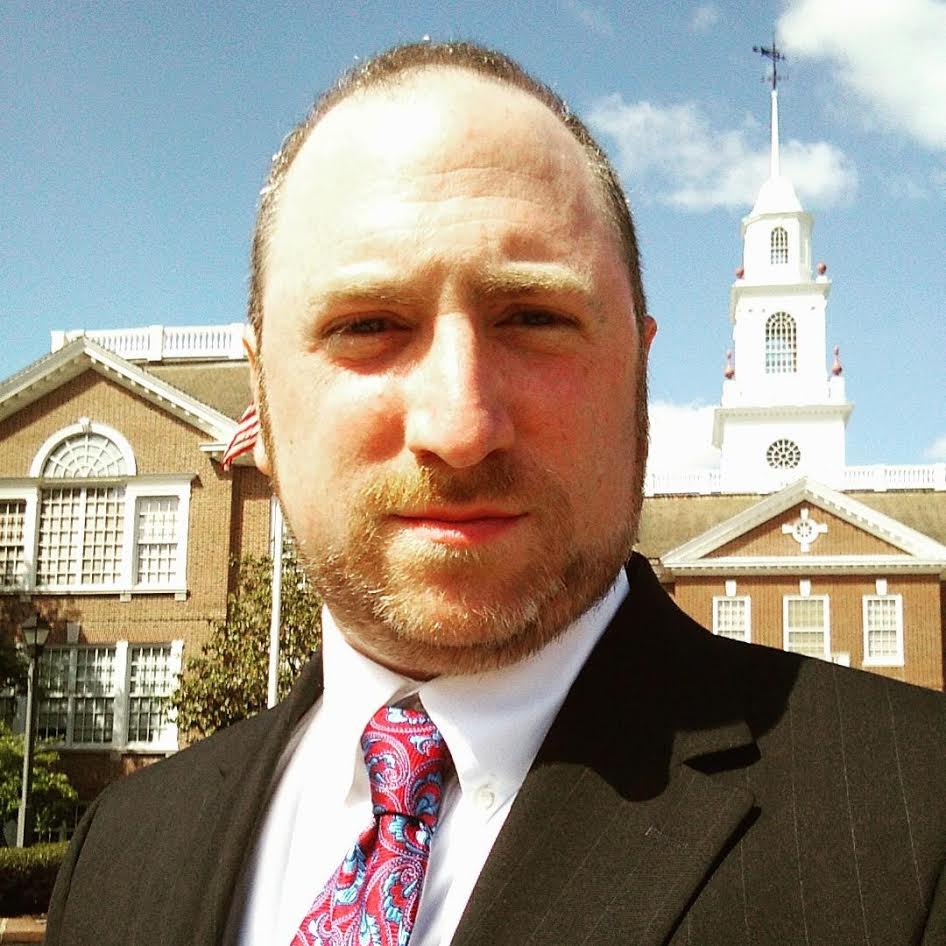I have now heard the moaning of the Israelites because the Egyptians are holding them in bondage, and I have remembered My covenant. (Exodus 6:5)
It seems these days I have an endless array of guest speakers in my congregation: about the Syrian refugee crisis, about the death penalty, about homelessness, about the violence fraying the fabric of life in our city of Wilmington, each one lifting up the issues surrounding one injustice or another. They come and speak with passion and energy–even if they’ve spoken on the topic a dozen times, they find a way to keep it fresh. They answer questions and respond respectfully to the statements that masquerade as questions. They do this in a house of worship, with the hope that they will find a sympathetic ear, one willing to take action or do advocacy work or simply get it and be willing to be present. And usually, they do. People raise their hands and ask to be counted; they get on email lists and volunteer to do work and make phone calls and organize, at least for a little while. A few even write a check toward the cause, whatever it may be.
But one of the realities of social justice work is that, so often, we have to wait for us to hear the cry, the moaning, before we are able to take action. How many million–million–refugees were displaced inside and outside Syria before we took notice? How many have to die from gun violence before we raise our voices? How many have to suffer the indignities of racial injustice before we act? When the issue does finally rise to the surface, when we do finally hear the moaning of those who suffer, we rush into the breach. So why delay?
The commentator Avivah Zornberg, in her book The Particulars of Rapture (p. 111), writes that “in order to hear, we must clear ourselves of obstruction, open ourselves.” It is not that the pain and injustice isn’t happening–it is that we cannot hear it. We close ourselves off. Perhaps from fear of the Other. Perhaps the noise of our day-to-day reality keeps us from hearing the groans of suffering from those around us. Perhaps, like Moses, we see obstinate Pharaohs blocking the paths to justice, their hearts hardened, Nevertheless, we must open ourselves, clear the obstructions so that we can fulfill our covenantal obligation to the world and God, to act to free others from the bondage they face.
This is part of the reason I keep asking activists to come back again and again. For some, it is the only way they can hear the plight of others and feel that covenantal need. For me, it is a call to action, a way to be inspired by the stories of others. Each time someone shares their story I’m reminded of how much good work people are doing, how much we could do to make a difference, and most importantly, that as challenging as these issues are, they are not hopeless.
Perhaps that is the greatest obstacle of them all, the biggest challenge to hearing the Other and their needs. God reacts at a time of hopelessness, but knows that there is hope for Israel, even if Moses and the people can’t believe it. Hope–and the optimism that goes with it—gives us the strength, the faith, to act, even when the problems in the world seem insurmountable.
Rabbi Jonathan Sacks wrote: “Judaism begins not in wonder that the world is, but in protest that the world is not as it ought to be” (The Letter In The Scroll p. 57). This is why, again and again, I lift up the voices of those who deal with these challenging issues: so that we can fulfill our birthright as Jews. So we listen for the cries of need and we take action to challenge the status quo. We take action and renew hope in the world. This is how we fulfill our covenant, and lead ourselves and our world to redemption.
Rabbi Yair Robinson is Senior Rabbi of Congregation Beth Emeth in Wilmington, Delaware.


